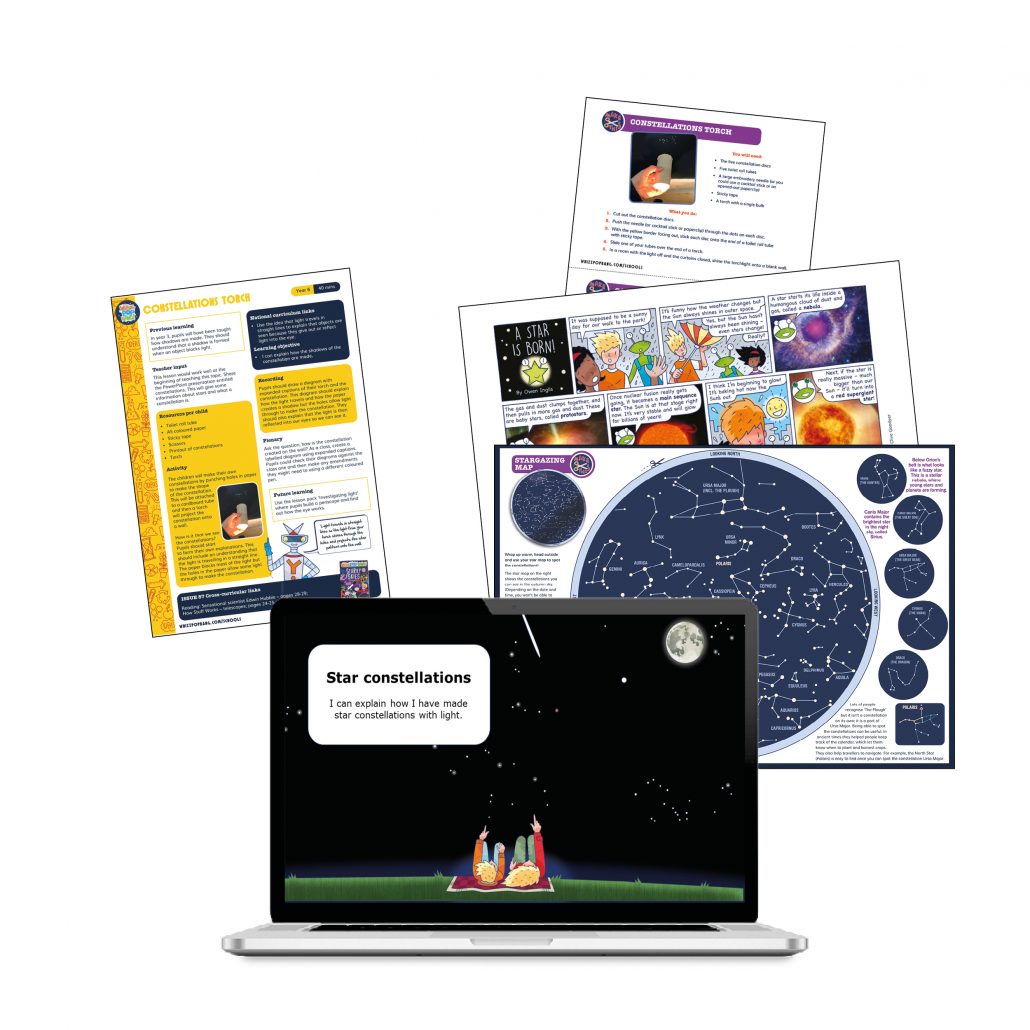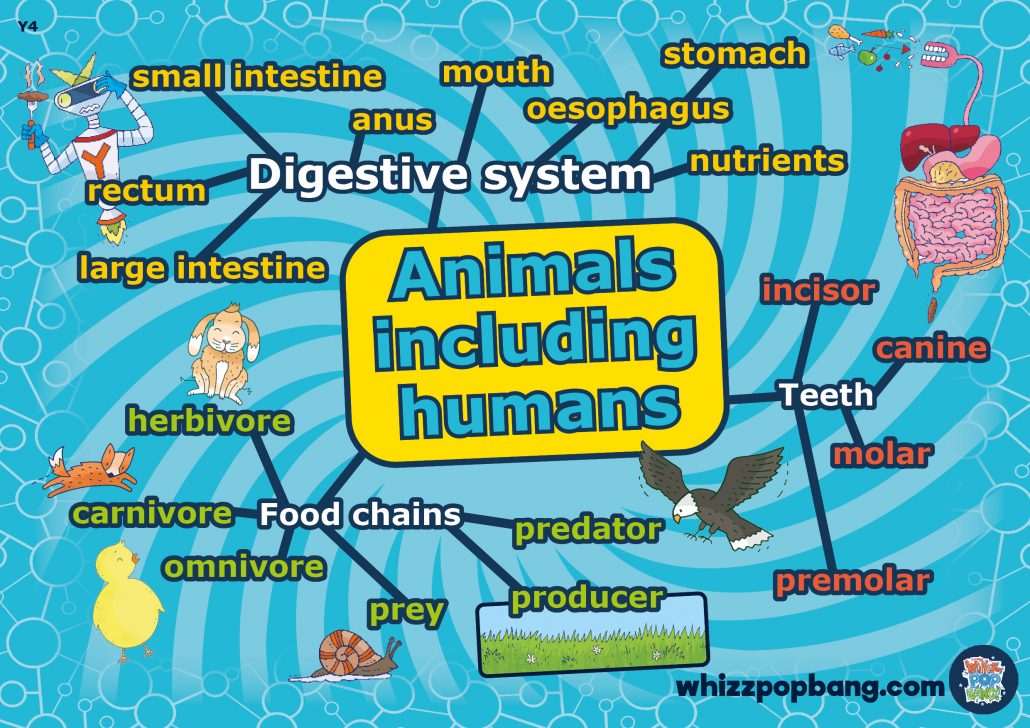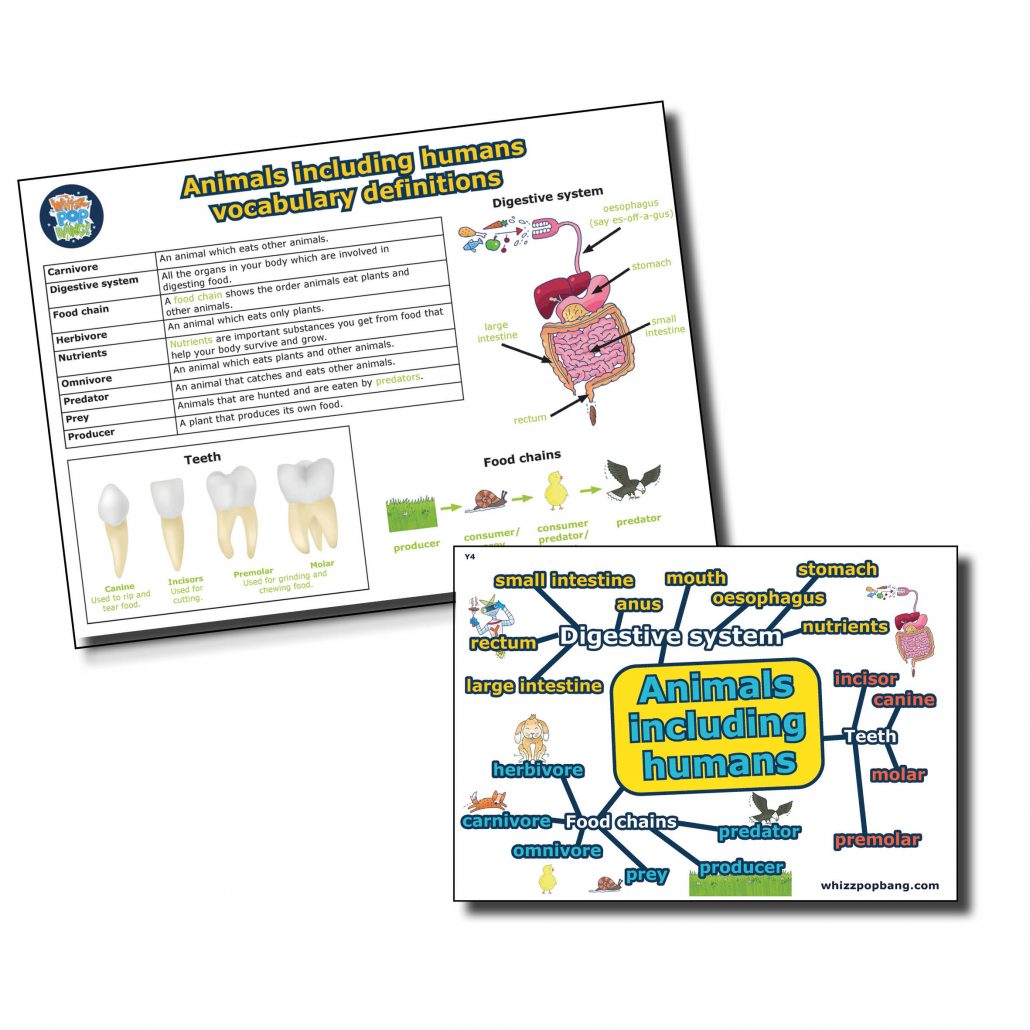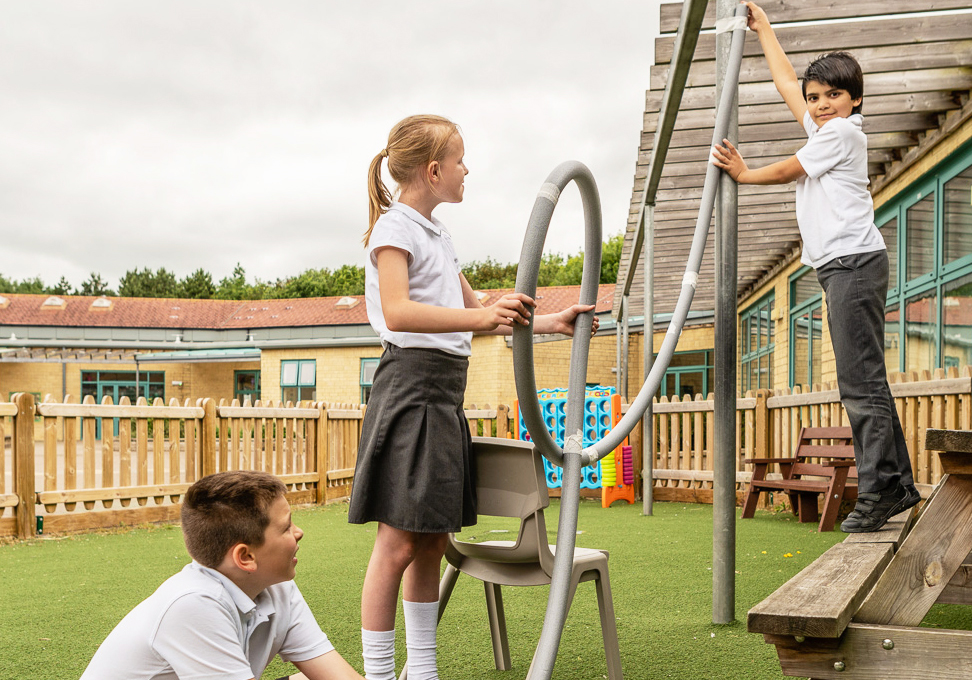Teaching the unit ‘light’ in year 6 builds on the foundations they will have learnt in year 3, and also in year 5 when they covered ‘Earth and Space’. Pupils should already know how shadows are formed and that light is reflected from surfaces, as well as that we have night and day due to the Earth’s rotation. In year 6 you should be able to build on this, but in your first lesson it is a good idea to revisit and secure their understanding to avoid gaps in knowledge before you move on.
Our ‘constellation torch’ lesson is a great way to start your topic. At the beginning of the lesson, elicit the pupils’ understanding by asking them to name different light sources and tell you how shadows are formed. Creating a simple brainstorm mind map in their book with the word ‘light’ in the middle is all that is needed. Give the children ten minutes to complete it and then start your lesson, discussing their ideas or addressing misconceptions. At the end of the topic, get them to use a different-coloured pen and add what they have learnt to their mind map; it is a brilliant and easy assessment.
In this lesson pack, pupils will play around with making star constellations by using simple printable templates, cardboard tubes and single-bulb torches. They will consider how light travels. They will then draw a simple diagram to show that light travels in straight lines, that light will travel through the holes in the paper, and that it is reflected from a surface into the eye.
As part of your sequence of lessons, include our activity of making a periscope. It is a great way for pupils to build on their understanding that light travels in straight lines and is reflected into the eye. Our lesson pack includes simple instructions and a scientific explanation for teachers – we know how hard it is to remember everything, so we always explain the science behind every lesson. There are also some ten-minute science activities around the topic of light, which are great for creating science discussions in your classroom.
Our ‘Starry Skies’ edition of Whizz Pop Bang delves into the wonders of the universe, which children are enthralled by and often have loads of questions about! Our resources include several reading comprehensions linking to the topic of light.
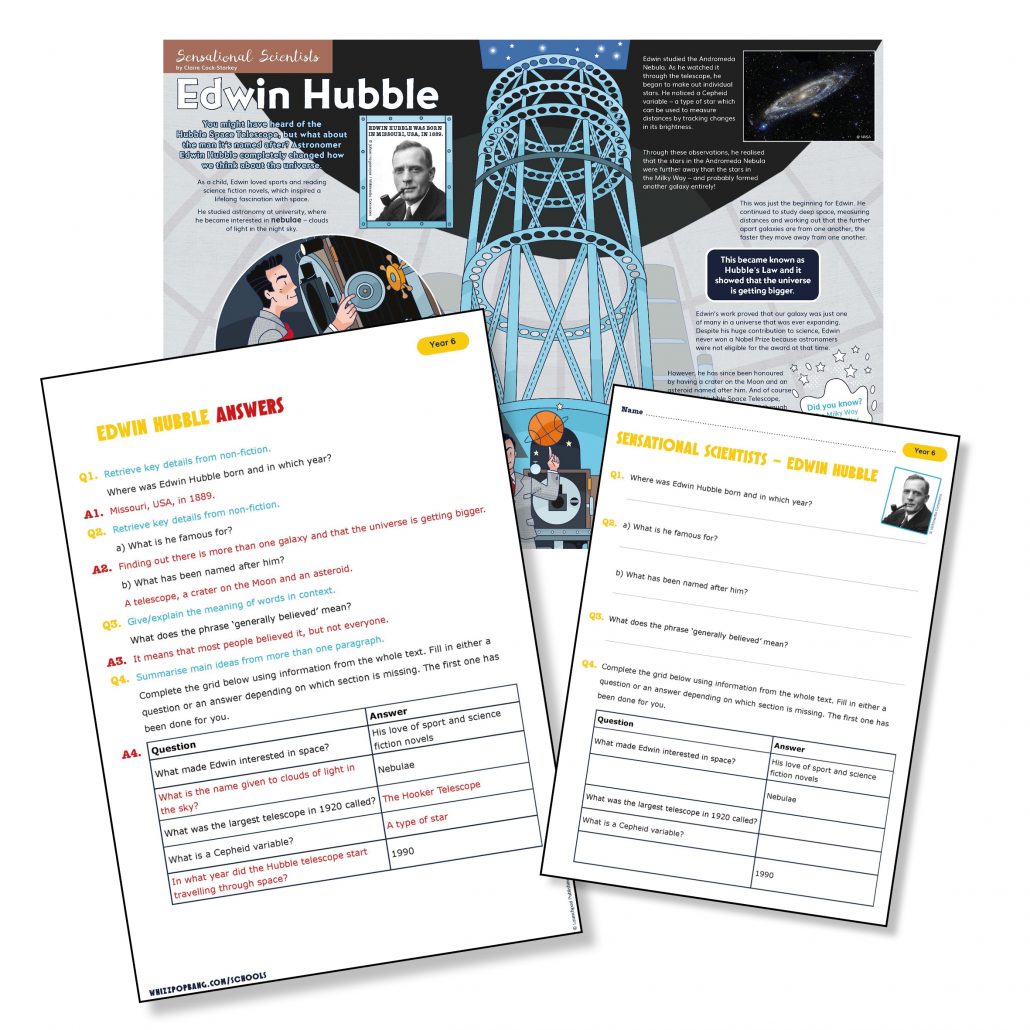
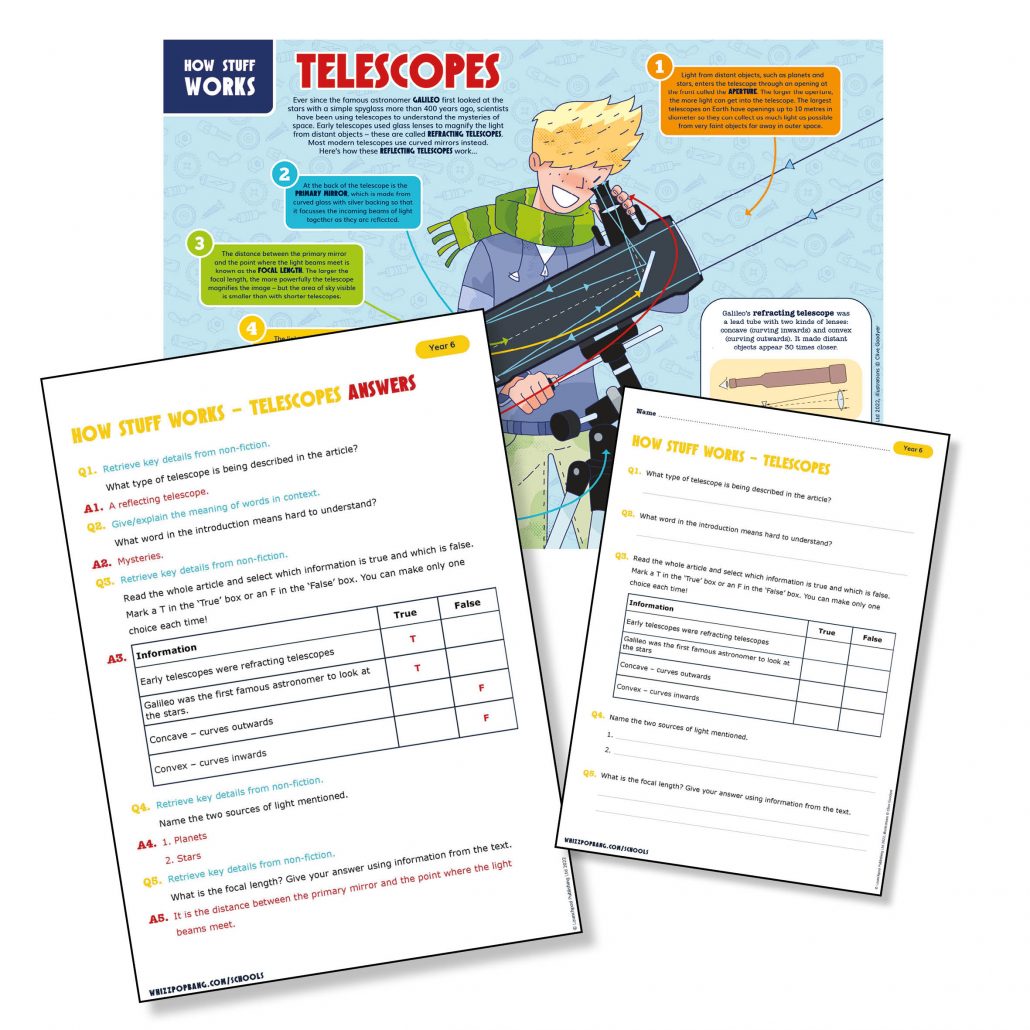
Using quality science text in your reading time helps to squeeze a little bit of extra science into the day!
Whizz Pop Bang magazine and teaching resources are brilliant ways to enhance your school’s science teaching:
- We provide downloadable science lesson plans, PowerPoint presentations, hands-on investigations and science reading comprehensions written by primary school teachers.
- Whizz Pop Bang teaching resources link to the National Curriculum, ensuring correct coverage.
- All of our resources are year group specific, ensuring progression between the years.
Prices from as little as £197.99 per year for a copy of Whizz Pop Bang magazine through the post each month and whole-school access to our ever-growing library of downloadable teaching resources, with unlimited teacher logins.
We’ve also launched a new individual membership option so teachers and home educators can access all of our amazing downloadable resources for just £20 for the whole year.

